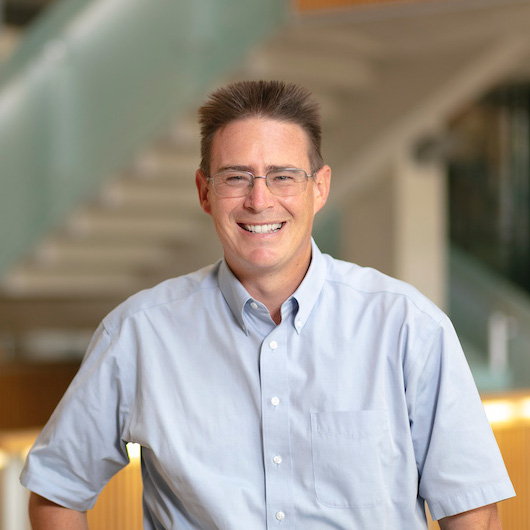What Is Microbiome?
The microbiome is a community of bacteria, fungi, and other microorganisms that live in our digestive system, skin, and other parts of our body. It plays an important role in our health, including our immune system, digestion, and brain development.
The microbiome is a complex and fascinating system that plays a key role in our health. It is still being studied, but we already know that it can influence how people, including healthy children, respond to diet and medication. For example, people with a healthy microbiome are more likely to absorb nutrients from fruits and vegetables. They are also less likely to have digestive problems like constipation and diarrhea. A healthy microbiome can also influence how people respond to medications. As we learn more about a healthy microbiome, we are beginning to understand how it can be used to prevent and treat a wide range of diseases.
In children, the microbiome is still developing. This is why it is so important to support a child’s microbiome, especially during the first three years of life when the microbiome is most vulnerable to changes.
The first three years of a child’s life are critical in shaping their health, as they lay the foundation for diseases that may develop later in childhood or adulthood. At Rady Children’s Hospital, we are committed to advancing our knowledge of a child’s microbiome so that we can predict and influence the health of children before pediatric patients become adults.
Rady Children’s Hospital & UC San Diego Collaboration
Research has proven our microbiome has the potential to influence digestion, metabolism, the immune system, and even mental health. With the leadership of Rob Knight, Ph.D., The Wolfe Family Endowed Chair in Microbiome Research at Rady Children’s and professor of pediatrics, bioengineering, computer science, and engineering at UC San Diego, Rady Children’s Hospital is pioneering new ways to bring the latest medical advances to children with the potential for innovative treatments and cures.
This partnership will facilitate the development of new technology while drawing the best ideas and minds from both organizations to advance microbiome technology and innovation.
Rob Knight, Ph.D., The Wolfe Family Endowed Chair in Microbiome Research at Rady Children’s

Rob Knight, Ph.D., is an international leader in the scientific study of microbes and has made countless contributions to pediatric medicine. His work has produced many of the initial software tools and laboratory techniques that enabled microbiome science, including the QIIME pipeline and UniFrac, both of which have been cited thousands of times.
“Though microbiome research is still in its infancy, our findings are already providing fundamental insight into a wide range of processes in human health and disease,” said Dr. Knight, who is also the founding Director of the Center for Microbiome Innovation. “As this field continues to grow, we expect to execute biomarker discovery and diagnostic projects, and eventually devise new microbiome-based therapies. I am particularly interested in investigating the connection between the microbiome and lupus, as this underexplored realm of study may bring findings that result in clinically translatable approaches.”
Recent Media
View Dr. Rob Knight’s comments via a World Economic Forum video regarding how our microbiome might relate to mental health.
Pediatric Microbiome Multidisciplinary Team
The microbiome has great potential to impact all areas of pediatric patient care. Our pediatric microbiome journey is just beginning, and we are working with many multidisciplinary health professionals & specialists to explore this promising area of medicine.